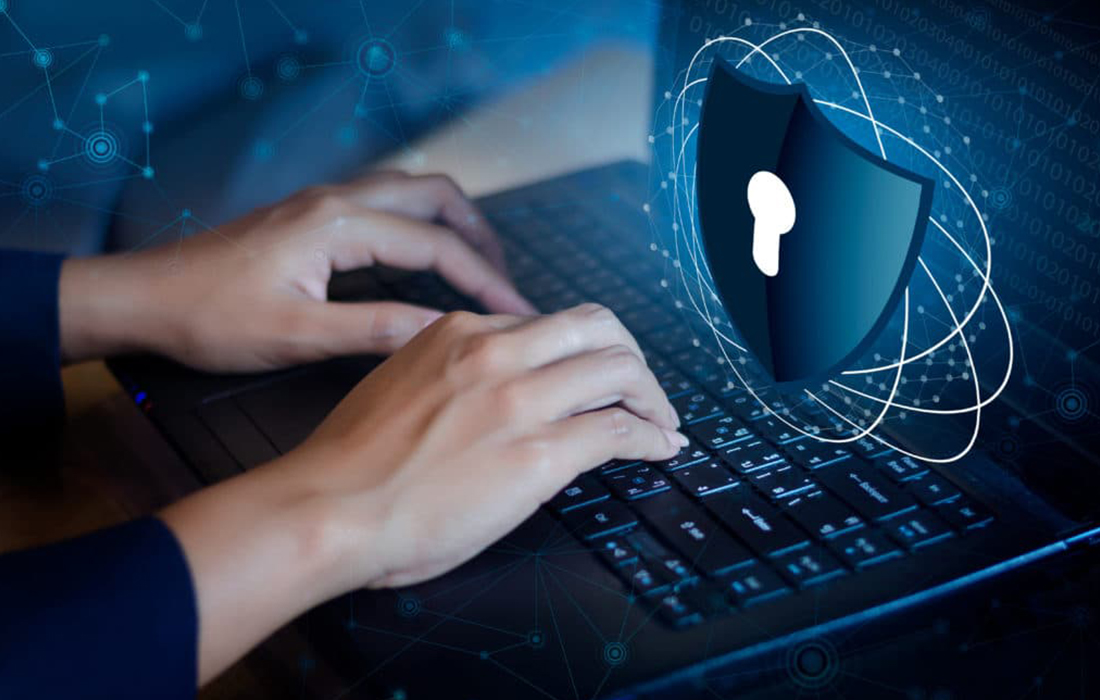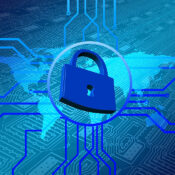
The Importance of Cybersecurity in Today’s Digital Age
In our increasingly digital world, cybersecurity has become a critical concern for both individuals and organizations. The rise of internet usage, cloud computing, and connected devices has opened up numerous opportunities but also exposed us to a myriad of cyber threats. Understanding the importance of cybersecurity is essential to safeguarding our digital lives and assets.
The Growing Cyber Threat Landscape
Cyber threats are evolving rapidly, becoming more sophisticated and harder to detect. From ransomware attacks and phishing schemes to data breaches and identity theft, the digital age has given rise to an array of cybercrimes. Here are some key reasons why cybersecurity is more important than ever:
- Increased Data Breaches: High-profile data breaches at major corporations and institutions have become commonplace. These breaches expose sensitive information, leading to financial loss, reputational damage, and legal repercussions.
- Ransomware Attacks: Ransomware has become a prevalent threat, with cybercriminals locking down systems and demanding ransom payments. These attacks can cripple businesses, causing significant downtime and financial loss.
- Phishing Schemes: Phishing remains one of the most common and effective methods of cyberattacks. These schemes trick individuals into providing personal information or clicking on malicious links, compromising their security.
- IoT Vulnerabilities: The Internet of Things (IoT) has revolutionized our lives, but it also introduces new vulnerabilities. Many IoT devices lack robust security measures, making them easy targets for cybercriminals.
Why Cybersecurity Matters
Given the extensive range of cyber threats, cybersecurity is no longer an option but a necessity. Here’s why it matters:
- Protecting Sensitive Information: For businesses, safeguarding customer data and proprietary information is crucial. For individuals, protecting personal information, such as social security numbers and financial details, is vital to prevent identity theft.
- Ensuring Business Continuity: Cyberattacks can disrupt business operations, leading to significant downtime and financial loss. Effective cybersecurity measures help ensure business continuity and minimize the impact of such incidents.
- Maintaining Customer Trust: Customers expect their data to be handled securely. A robust cybersecurity posture helps maintain customer trust and loyalty, essential for business success.
- Compliance with Regulations: Many industries are subject to stringent regulations regarding data protection and privacy. Compliance with these regulations requires implementing effective cybersecurity measures to avoid legal penalties.
Steps to Enhance Cybersecurity
Enhancing cybersecurity requires a proactive approach and a combination of best practices, technologies, and policies. Here are some essential steps to consider:
- Regular Security Audits: Conduct regular security audits to identify vulnerabilities and address them promptly. This includes assessing network security, application security, and endpoint security.
- Employee Training: Educate employees about cybersecurity best practices and the latest threats. Regular training sessions can help create a security-conscious culture within the organization.
- Use Strong Passwords and Multi-Factor Authentication (MFA): Encourage the use of strong, unique passwords and implement MFA to add an extra layer of security to accounts.
- Keep Systems Updated: Ensure that all software, applications, and operating systems are up to date with the latest security patches. Regular updates help protect against known vulnerabilities.
- Implement Advanced Security Solutions: Utilize advanced security solutions such as firewalls, intrusion detection systems, and antivirus software to protect against cyber threats.
- Develop a Response Plan: Have a robust incident response plan in place to quickly and effectively address cybersecurity incidents. This includes identifying key personnel, defining response procedures, and conducting regular drills.



